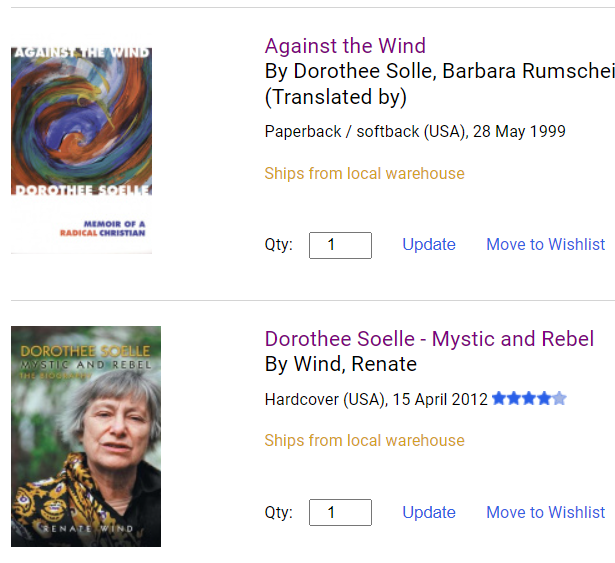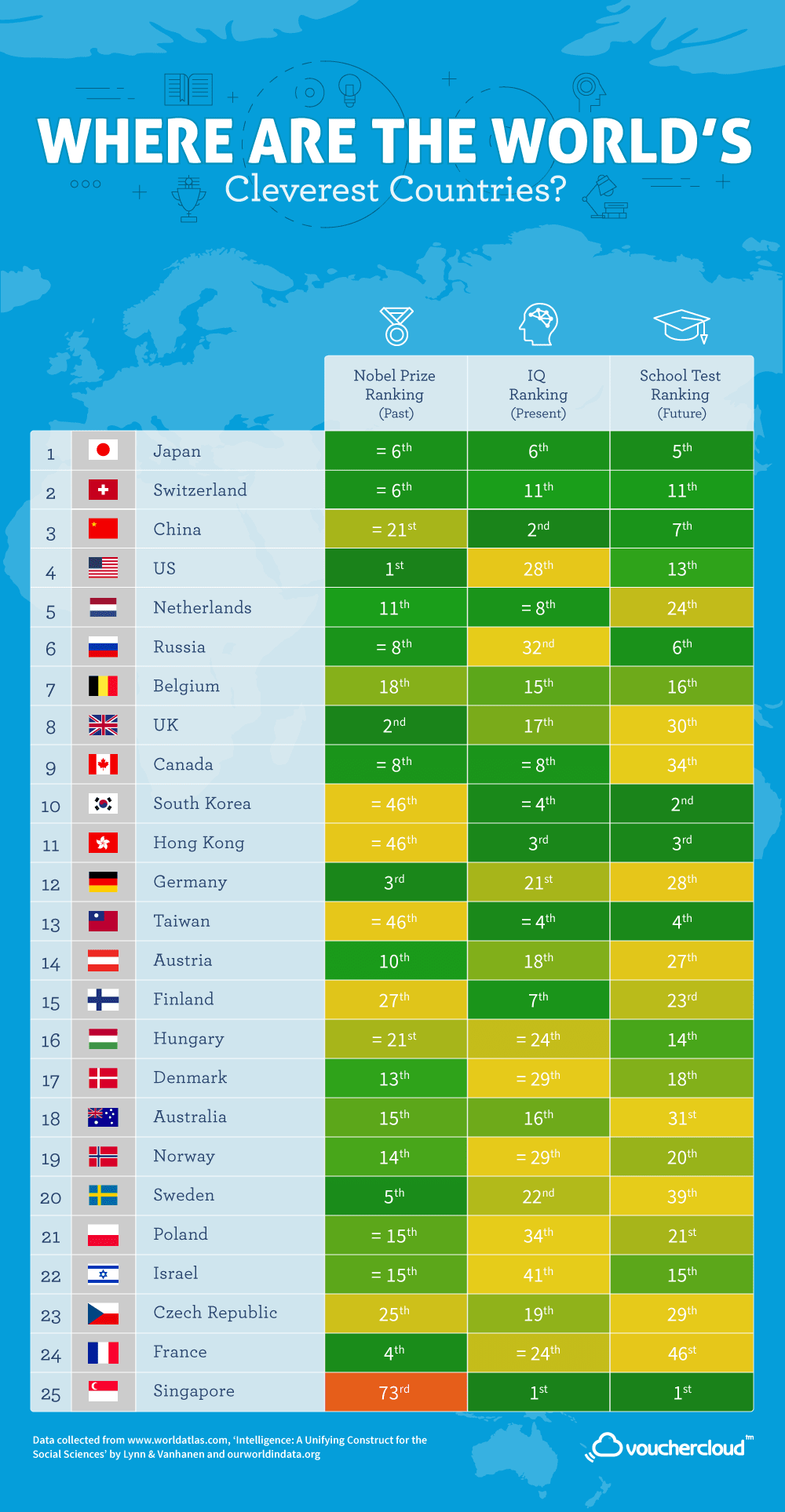최승언
25 Jun 2020 · Public · 나도 같은 생각이라면 뭐라고 내게 말할까?
신화 표절한 성서...문자적으로 하느님 말씀 될 수 없어
최성철 은퇴목사(캐나다연합교회)
입력 Jun 25, 2020
고대 신화를 표절한 성서가 어떻게 하느님의 말씀이 될 수 있으며, 도덕과 세계관과 가치관의 절대적인 근원이 될 수 있나? 성서를 문자적으로 읽고 무작정 그대로 믿으면, 성서는 신화를 표절한 정직하지 못한 책이라는 오명을 뒤집어쓰고 전락한다. 기독교인들이 솔직하고 용감하게 인식해야 할 역사적인 사실이 있다. 인류사에서 문자적인 성서는 인종차별, 종교차별, 성차별, 성적본능차별, 빈부차별, 계급차별이라는 죄악의 근원이 되었으며, 교회 기독교는 성서를 그 죄악들을 정당화하는 도구로 삼았다.
오늘도 여전히 문자적인 성서는 사회에서 추방되어야 하는 추악한 죄악들의 근원이 되고 있다. 다행히도 이러한 인식이 사회 전역에서 보편화되고 있으며, 바이러스 팬데믹의 위기적인 상황에서도 지구촌 도처에서 인종차별과 여성차별과 성적본능차별에 반대하는 항의시위가 끊임없이 일어나고 있다. 다시 말해, 흑인의 생명도 백인의 생명만큼 중요하다는 Black Lives Matter 항거와 여성도 남성과 동등한 대우를 받을 권리가 있다는 미투운동이 전세계적인 운동이 되었다. 19세기에 기독교 국가들은 영토확장을 위해 경쟁적으로 식민지 쟁탈전을 벌렸으며 그 결과로 세계 도처에서 원주민들은 참혹한 탄압과 착취로 암흑 속에서 살았다. 이 시기에 기독교 국가들은 백인 기독교인들 이외에 타종교의 유색인종들을 야만인으로 천시했다.
주목해야 할 것은 기독교 국가들은 식민지 정책의 최전선에 선교사들을 앞장세웠으며 이들은 다른 민족들의 고유 전통과 종교와 문화를 말살하고, 기독교인들로 개종시키는 선교정책을 강압적으로 시행했다. 서구 세계의 교회 기독교는 세계복음화 즉 세계를 정복한다는 기독교 제국화라는 몰상식하고 비상적인 행위를 하느님의 이름으로 정당화했다. 전세계의 비기독교인들은 식민지정책과 세계복음화의 희생양이 되었으며, 수천년 동안 불교인과 유교인이었던 한국인들도 기독교인으로 개종해야만 했다. 불행하게도 한국 기독교인들은 서구의 근본주의 선교사들의 거짓과 은폐에 속아 넘어가 그들의 죄악을 답습하고 있다. 결론적으로 교회 기독교의 이분법적인 차별주의와 우월주의에 뿌리내리고 있는 성서근본주의는 성서를 악용하여 죄악의 근원이 되는 괴기망칙한 책으로 전락시켰다. 이제 성서와 하느님을 교회로부터 해방시켜야 인류사회가 혼돈과 전쟁과 테러에서 벗어날 수 있다.
오늘의 성서는 3천년 전에서 2천년 전 사이에 수많은 익명의 저자, 편집자, 필사자 등이 1000년에 걸쳐 지리멸렬한 문서들을 혼란스럽게 엮고 짓고 수정하고 번역하고 왜곡하고 개정한 모음집이다. 그러나 불행하게도 성서 66권 중에서 극소수 기이한 성서구절들이 차별주의와 우월주의의 원천이 되었다. 또한 그 기이한 내용들을 오류 없는 도덕의 근원이자 가치관이라고 맹신하는 신자들이 가정과 사회와 국가와 세계를 혼돈과 분쟁 속에 빠트렸다. 신자들은 성서를 무작정 문자적으로 믿으며 자기 도덕의 근간으로 삼고, 다른 사람들을 차별하고, 오만과 편견의 추악한 죄악들을 뻔뻔스럽고 심지어 자랑스럽게 저지른다.
구약성서는 심층적인 메시지를 은유적으로 전달하기 위해 고대 신화들을 사용했다. 다시 말해, 성서는 신화들의 도움 없이 메시지를 전달하기가 불가능했다. 사실상 신화는 동서고금을 막론하고 심오하고 경이로운 체험과 비전을 서사시적으로 표현하는 문학적인 수단이다. 성서가 기록된 시기보다 적어도 15세기 이전에 보편화된 신화들이 있었다. 다시 말해, 구약성서의 창세기에 기록된 창조 이야기, 에덴동산 이야기, 노아 홍수 이야기, 바벨탑 이야기 등은 구약성서만의 독창적인 신화가 아니라, 모두가 메소포타미아의 수메르 신화를 성서의 창조신화로 변형시켜서, 오늘날까지 전해지고 있다. 특히 길가메쉬 서사시는 몇 가지 작은 차이가 날 뿐, 노아 홍수 이야기와 거의 동일한 홍수 이야기를 담고 있고, 스토리 전개의 순서도 동일하다. 길가메쉬 서사시는 세계 최초의 문학 작품으로 여겨지는데, 실제 인물이었던 BC 2500년 경의 수메르 우륵 왕조의 5번째 왕인 길가메쉬의 모험을 노래하고 있다. 오늘날 전해지는 길가메쉬 서사시는 바빌로니아 제국 시대인 BC 700년에 필사 된 것이다.
기독교에서 가장 사랑받는 노아 홍수 이야기는 고대 신화에서 유래된 흥미로운 이야기이며 또한 교회 기독교의 믿음체계에 대단히 중요한 도덕적 교리를 제공한다. 그러나 이 이야기에 등장하는 도덕은 끔찍하다. 하느님은 인간을 탐탁찮게 생각했기에 한 가족만 빼고 아이들까지 포함하여 모조리 수장시켰고 거기에다 아무 죄도 없는 나머지 동물들까지 익사시켰다. 스메르 신화를 표절한 노아 홍수 이야기를 하느님의 말씀이라고 하기에는 적절하지 않다.

(Photo : ⓒpixabay)
▲고대 신화를 표절한 성서가 어떻게 하느님의 말씀이 될 수 있으며, 도덕과 세계관과 가치관의 절대적인 근원이 될 수 있을까?
보수적이고 근본주의적이고 복음주의적인 신자들은 사람들이 성서를 아무 의심과 질문 없이 무작정 문자그대로 직역적으로 믿지 않는다고 신경질적으로 화를 낸다. 또한 신자들은 자의반 타의반 노아 홍수 이야기를 비롯해서 성서의 이야기들을 문자적으로 믿는다. 노아 이야기에 문자적으로 세뇌되고 성서의 가르침 이외에 다른 것들에는 무지한 신자들에게도 책임이 있지만 무식한 목사들의 책임은 더 크다. 신자들은 자신들이 받은 강압적이고 수동적인 교육때문에 그들은 자연재해와 질병과 사고를 자연적이고 우연적인 현상이 아니라 인간의 죄악에 대한 징벌로 착각한다. 그러나 세계를 미리 계획한대로 창조하고, 창조한 세계를 멸망시키고, 다른 세계의 내세를 계획하는 소위 신성하고 거룩한 하느님이 대체 왜 인간의 비행 같은 하찮은 일에 관심을 가져야 하나? 이해하기가 대단히 어렵다. 분명히 이 하느님은 옹졸하고 낡고 추악하다.
보수적인 복음주의 기독교인들이 무엇때문에 동성애자들을 그렇게도 혐오하는지 이해할 수가 없다. 그들은 가정과 사회에서 누구에게도 피해를 주지 않는다. 오히려 극우 근본주의적 신자들이 자신들과 다른 이웃들을 미워하고 적대감과 폭력을 휘두르며 사회와 국가를 혼란에 빠트리고 있다. 필자는 성서근본주의자들에게 왜 그토록 동성애자들을 미워하고 적대시하느냐고 진지하게 물었다. 구약성서를 표층적으로 이해하면서 철저하게 문자적으로 맹신하는 답변을 들을 때에 그들은 부족적이고 이기적인 생존의 두려움과 죽음의 공포에 사로잡혀 있는 것을 어렵지 않게 간파할 수 있었다. 그들의 표층적인 변명에 따르면, 하느님이 범죄자가 있는 도시에 자연 재앙을 내릴 경우(그런 일이 일어나지도 않지만) 무고한 시민들이 부수적 피해를 입을 위험이 있다는 것이다. 예를 들자면, 바이러스 팬데믹과 지진과 쓰나미와 허리케인과 같은 천연재해가 있을 때마다 이러한 징조들은 세상의 죄인들에 대한 하느님의 경고와 징벌이라는 망상에 빠져 있다. 그러나 왜 전지전능하신 하느님이 좀더 표적을 좁혀서 죄인들만을 해치지 않는지 도무지 이해할 수가 없다.
구약성서 창세기에 신자들의 여성 혐오를 부추기는 차별적이고 우월적인 도덕의 근원이 되는 또다른 신화가 있다. 소돔과 고모라의 이야기는 노아 홍수의 이야기와 대단히 흡사한 신화이다. 주목해야 할 것은, 소돔과 고모라는 역사적으로 존재하지 않았던 전설적인 도시들이다. 소돔과 고모라가 파괴될 때 유독 정직하다는 이유로 가족과 함께 구원을 받게 된, 노아에 상응하는 인물은 아브라함의 조카 롯이었다. 이 야기에서 소위 소돔에서 가장 도덕적인 사람 롯은 자신의 집을 방문한 천사들을 폭도들의 위협으로부터 보호하기 위해 남자들을 알지 못한 자신의 딸들을 내어 주어 마음대로 하라고 한다. 이야기는 계속되어 롯과 그의 두 딸은 동굴에 피신한다. 어느 날 만취된 롯은 딸들과 잠자리를 함께 하고 두 딸을 임신시켰다. 이 일그러진 가족이 하느님의 천벌이 내린 소돔에서 가장 도덕적인 사람들이라면 하느님의 도덕 기준은 무엇인지 이해할 수 없다. 또한 이 기이한 이야기가 어떤 의미를 지닐지는 몰라도, 종교가 여성들을 어떻게 대하는지를 확실하게 말해준다.
기이하게도 롯과 소돔 이야기는 판관기에서 섬뜩하게 반복된다. 이름 모를 레위인(사제)이 첩과 함께 여행 중에 한 노인의 집에 묶는다. 어느날 저녁에 도시 남자들이 몰려와서 노인에게 남자 손님을 내놓으라고 요구했다. 노인은 사제를 보호하기 위해 롯과 똑같은 말을 했다. 노인은 자신의 처녀인 딸과 손님의 첩을 내어줄테니 욕보이든 마음대로 하고, 그대신 이 남자에게는 몹쓸 짓을 하지 말라고 한다. 여기서도 여성 혐오가 노골적으로 드러난다. 레위인의 첩은 폭도에게 넘겨졌고, 폭도는 밤새도록 그녀를 집단강간했고, 그녀는 처참하게 죽었다.
롯에게 삼촌이 있었다. 그는 세 개의 일신교 즉 유대교, 기독교, 회교도의 창시자 아브라함이었다. 그는 족장이라는 지위 덕분에 하느님보다 약간 낮은 역할 모델로 받아들여진다. 그러나 교회 내부에서는 가능한지 몰라도 교회 밖의 도덕주의자들이 그를 본받고 싶어 할까? 오늘 신자들의 믿음의 조상이라는 아브라함은 자신의 아내 사라를 여동생이라고 두 차례나 속여 팔아넘겨 부를 챙겼다. 처음엔 이집트의 왕 파라오에게 두번째는 그랄의 왕 아비멜렉에게 넘겼다. 엄밀히 말해서 이 이야기는 일종의 인신매매이다. 그러나 아브라함 이야기의 그런 불쾌한 일화들은 자신의 아들 이삭을 희생양으로 살해하려는 일화에 비하면 사소한 것에 불과하다. 현대의 도덕 기준들로 보면, 이 수치스러운 이야기는 아동 학대이며, 힘없는 사람에 대한 핍박이며, 권위에 굴복하여 '나는 명령에 따랐을 뿐이다'는 애처로운 변명의 사례이다. 주목해야 할 것은, 그 이야기는 세 개의 유일신 종교의 중요한 기반이 된 신화들 중 하나이다.
현대인들은 이 수치스럽고 비상식적인 이야기들에서 어떤 종류의 도덕을 이끌어 낼 수 있는가? 불행하게도 오늘날 많은 목사들과 정치인들이 자신들의 성서가 처음부터 끝까지 문자 그대로 사실이라고 주장하면서, 그들은 다른 사람들에게 잘못된 정치력을 발휘하고 있다. 특히 한국과 미국과 이슬람권이 그렇다. 성서를 문자적으로 믿으면서 도덕을 이끌어내는 것은 대단히 위험하다. 만일 이렇게 성서에서 문자적으로 도덕을 이끌어내는 신자들은 성서의 멋진 부분만 취사선택하고 불괘한 부분은 거부한다. 문자주의 신자들은 어느 것이 도덕적인 것인지를 판단하지 못하고 있다. 따라서 성서의 도덕과 현대의 도덕이 단절되었으며, 결과적으로 성서는 설득력을 잃고 낡은 책이 되었다. 정직한 교회와 건강한 사회를 이룩하기 위해 절실히 필요한 도덕적인 기준은 종교인이든 비종교인이든, 신자이든 불신자이든, 백인이든 흑인이든, 배웠든 못배웠든, 가난하든 부자이든, 깨끗하든 더럽든 간에 모든 사람들에게 통용되는 우주적이고 통합적인 기준이다.
성서를 문자적으로 읽고 그대로 도덕적인 것으로 믿는 신자들은 실제로 성서 안에 무엇이 기록되어 있는지 그리고 그 기록의 역사적 배경에 대해 전혀 모르고 있다. 다시 말해, 성서를 정직하고 신중하게 심층적으로 이해하지 못한다. 예를 들자면. 구약성서 민수기 15장에서 이스라엘 사람들은 금지된 날에 한 남자가 야외에서 장작을 모으는 것을 보았다.그들은 그를 붙잡은 뒤 하느님에게 어떻게 처리할지 물었다. 하느님은 모세에게 그를 야영지 밖으로 끌어내어 돌로 쳐 죽이라고 명령했다. 오늘날 성서를 문자적으로 믿는 신자들은 이 잔인하고 옹졸한 하느님을 자신들의 삶의 기반으로 삼고 있으며, 설상가상으로 다른 사람들에게 그 사악한 하느님을 믿으라고 강요한다. 한국과 북미에 그런 성서근본주의자들이 정치적 영향력을 행사하려고 안간 힘을 다하고 있기 때문에 나라가 혼돈에 빠진다.
노벨상을 수상한 미국의 물리학자 스티븐 와인버거는 이런 말을 했다. 제도적인 종교는 인간의 존엄성을 모독한다. 그것이 있든 없든, 선한 사람은 선행을 하고 나쁜 사람은 악행을 한다. 그러나 선한 사람이 악행을 한다면 그것은 종교 때문이다. 인류사에서 전쟁과 테러와 사회적 혼란의 원인들을 보면 알 수 있듯이 사람들이 종교적 확신을 가졌을 때 가장 철저하고 자발적으로 다른 사람들에게 피해를 주는 악행을 저지른다. 예를 들자면, 기독교 국가들의 우월주의적인 식민지 정책과 차별주의적인 세계복음화로 인종차별과 종교차별이라는 악행을 세계 도처에 확산시켰고, 성서근본주의가 성차별과 성적본능차별이라는 악행을 저질렀다. 특히 오늘날 바이러스 팬데믹으로 사회적 거리를 두는 것이 가장 효과적이고 필수적인 행동지침인데도 불구하고 교회들이 예배모임을 갖고 바이러스 확산의 원인이 되는 것은 선행이 될 수 없으며 악행이다.
성서로부터 도덕을 이끌어내는 것이 잘못된 일은 아니다. 그러나 사실상 성서가 도덕의 절대적인 근원이라고 맹신하는 기독교인들은 성서를 신중하게 자율적이고 창조적으로 읽지 않는다. 더욱이 은유적으로 기록된 성서를 문자적으로 읽고, 주관적으로 선별한 극소수의 구절과 문자 하나하나를 절대적인 교리로 직역하고 무작정 믿기 때문에 이기적이고 부족적이고 이분법적인 악행을 저지르게 된다. 성서를 문자적으로 믿는 근본주의자들이 드러내는 가장 큰 모순은 성서의 어느 부분은 골라서 믿고, 어느 부분은 상징이나 우화로 간주한다. 성서 66권은 전체적으로 이해해야 진실한 책이 된다. 성서는 개인적인 믿음과 사상에 맞추어 특정 구절들을 인용하는 교리책이 아니다. 성서는 차별과 우월과 탄압과 착취와 살인행위를 정당화하는 도구가 될 수 없다.
====
※ 이 글은 전 지질학자인 최성철 은퇴목사(캐나다연합교회)가 자신의 페이스북에 올린 글입니다. 필자의 동의를 얻어 게재합니다. 외부필자의 기고글은 본지의 편집방향과 일치하지 않을 수도 있습니다.
※ 이 글은 전 지질학자인 최성철 은퇴목사(캐나다연합교회)가 자신의 페이스북에 올린 글입니다. 필자의 동의를 얻어 게재합니다. 외부필자의 기고글은 본지의 편집방향과 일치하지 않을 수도 있습니다.
====

 Credit...Gracia Lam
Credit...Gracia Lam


